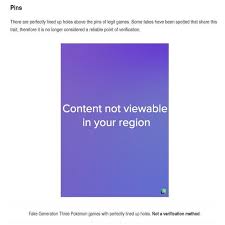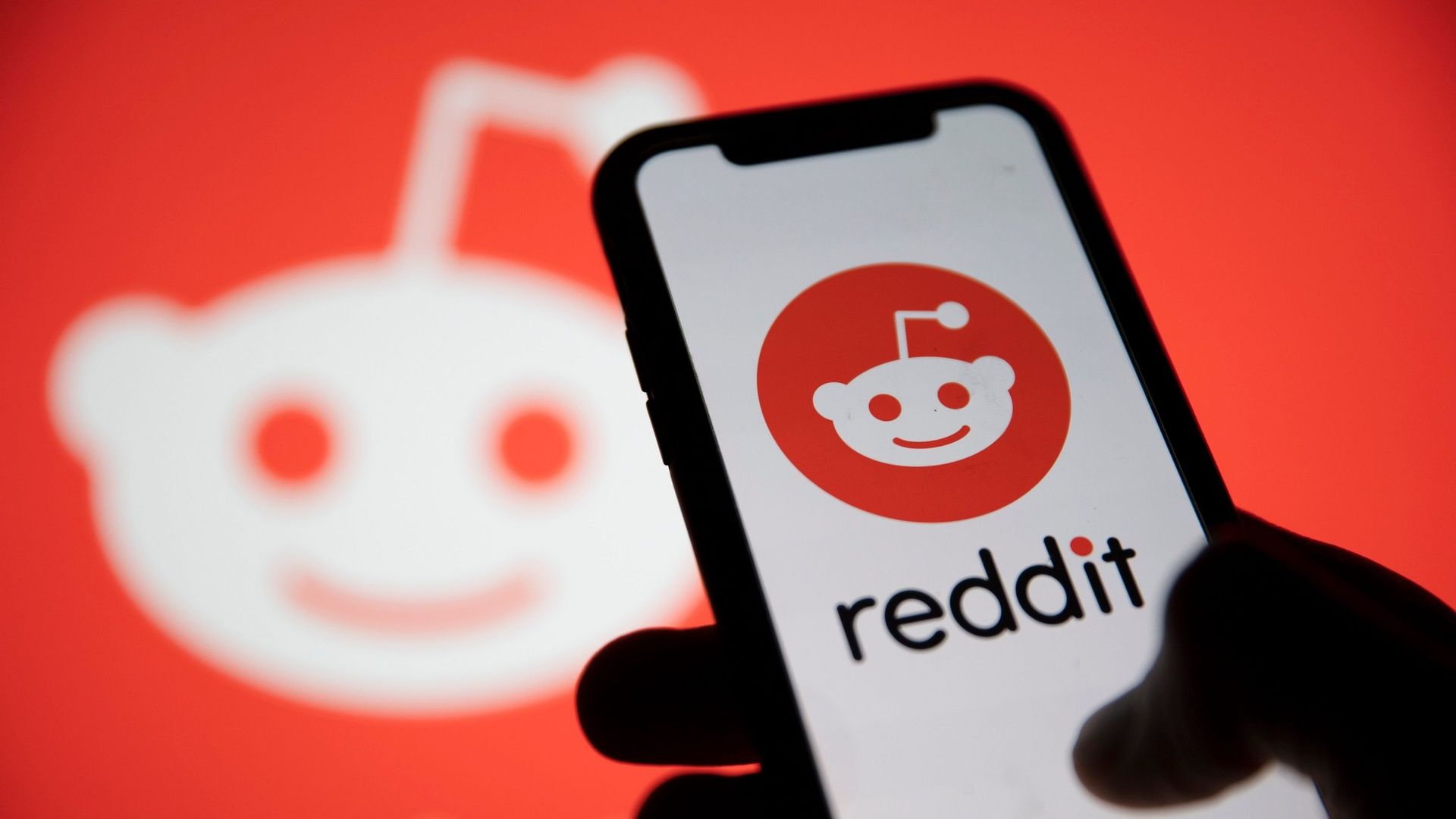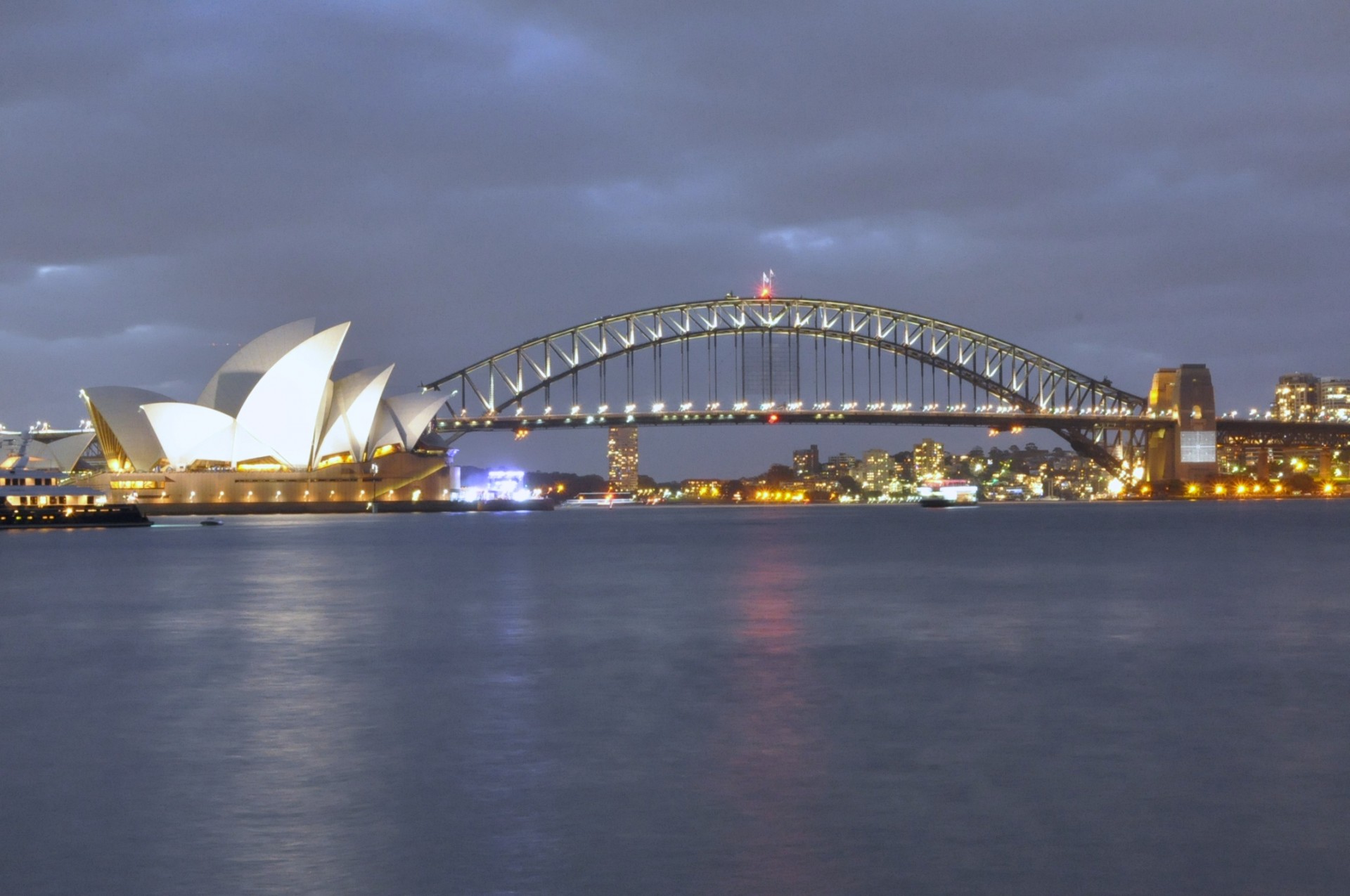
Introduction
Imgur, the popular image hosting platform widely used for sharing memes and photos, has recently been blocked in the United Kingdom. This development has gathered significant attention not just among the online community but also among various content creators and daily users who rely on Imgur for visual media sharing. As digital platforms continue to evolve, regulatory actions can lead to substantial disruptions, making it essential for users to understand the implications of such actions.
Details of the Blockage
The blocking of Imgur in the UK comes as a result of heightened scrutiny over online content and concerns related to copyright and inappropriate material. The British government has tightened regulations surrounding internet content in recent months, prompting Internet Service Providers (ISPs) to implement access restrictions to platforms that violate these rules. Reports have shown that users attempting to access Imgur from UK-based IP addresses are greeted with error messages indicating that the site is unavailable.
Impact on Users and Content Creators
This blockade significantly impacts both casual users who utilise the platform for browsing and entertainment as well as content creators who rely on Imgur for distributing and showcasing their work. As Imgur serves as a platform where millions find and share user-generated content, the inability to access it can reduce the avenue for engagement that many rely on daily. Additionally, businesses that incorporate user-created content for marketing and creativity may need to look for alternative platforms to reach their audience effectively.
Responses and Alternatives
Following the news of Imgur’s blockage, users have begun voicing their frustration on social media platforms, seeking alternatives where similar functionalities are available. Websites such as Flickr, Pinterest, or even direct sharing via social media platforms like Instagram and Twitter are being suggested as alternatives. Furthermore, some users are exploring VPN services to bypass geographical restrictions implemented by ISPs, though this comes with its own set of risks and complications regarding privacy and legality.
Conclusion
The blocking of Imgur in the UK highlights broader issues of internet freedom, content sharing, and regulatory oversight in the digital age. As the situation evolves, it will be pivotal for UK users to stay informed about potential changes regarding access and the evolving landscape of digital content sharing platforms. While this blockage poses immediate challenges, it may also spark discussions around the need for a balanced approach in regulating online content that addresses concerns without stifling creativity and communication.
You may also like

The Evolution of Twitter into X: What It Means for Us

Understanding the Recent Reddit Down Outage and Its Impact
